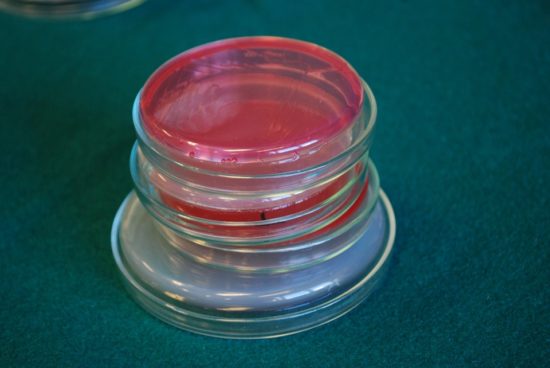RATA: A novel class A carbapenemase with broad geographic distribution and potential for global spread
Carbapenem resistance is a global health issue, primarily due to carbapenemase production. A new carbapenemase, RATA, was discovered in Riemerella anatipestifer isolates, which shares a 52% amino acid sequence identity with other β-lactamases. RATA hydrolyzes penicillins, cephalosporins, monobactams, cephamycins, and carbapenems and can be inhibited by β-lactamase inhibitors. Bioinformatic analysis revealed 46 blaRATA-like genes encoding 27 variants, primarily from marine environments. blaRATA orthologue genes were found on Flavobacteriaceae chromosomes, sharing similar GC content. The study suggests RATA is a new chromosome-encoded class A carbapenemase.
AMR NEWS
Your Biweekly Source for Global AMR Insights!
Stay informed with the essential newsletter that brings together all the latest One Health news on antimicrobial resistance. Delivered straight to your inbox every two weeks, AMR NEWS provides a curated selection of international insights, key publications, and the latest updates in the fight against AMR.
Don’t miss out on staying ahead in the global AMR movement—subscribe now!







